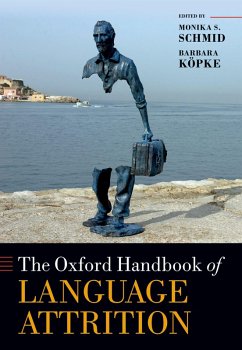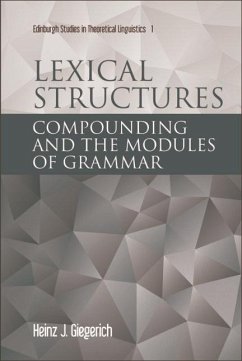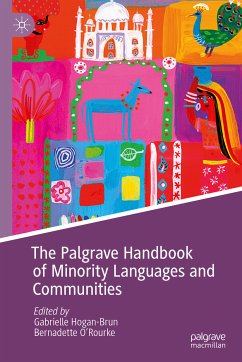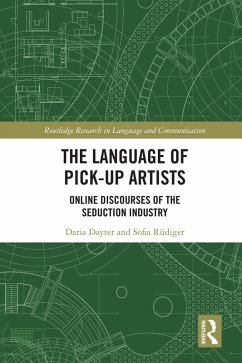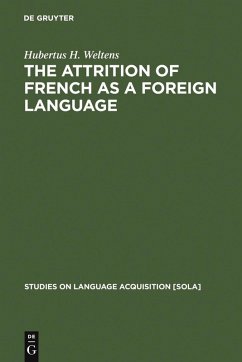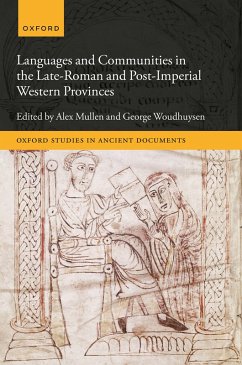
Lexical Variation and Attrition in the Scottish Fishing Communities (eBook, PDF)

PAYBACK Punkte
0 °P sammeln!
Over the last half century many scholars have recorded, analysed and theorised language death. At the same time, many sociolinguists have considered how rapid and dependable transport, mass education and increasingly globalised work patterns have affected how dialects in industrial and post-industrial societies are constructed and perceived; more often than not, these changes have been detrimental to the integrity of traditional dialects. The forces involved are most perceptible in loss of local lexis; this has been barely touched upon in the literature, primarily because the study of lexical ...
Over the last half century many scholars have recorded, analysed and theorised language death. At the same time, many sociolinguists have considered how rapid and dependable transport, mass education and increasingly globalised work patterns have affected how dialects in industrial and post-industrial societies are constructed and perceived; more often than not, these changes have been detrimental to the integrity of traditional dialects. The forces involved are most perceptible in loss of local lexis; this has been barely touched upon in the literature, primarily because the study of lexical variation and change has proved considerably more problematical in methodological terms than its phonological and morphosyntactic equivalents. This book considers these theoretical and methodological issues in relation to a representative sample of fishing communities along Scotland's east coast, in most of which the trade is now moribund. Can the lexical variation and change found in these communities be perceived as primary evidence for dialect death?
Dieser Download kann aus rechtlichen Gründen nur mit Rechnungsadresse in A, B, BG, CY, CZ, D, DK, EW, E, FIN, F, GR, HR, H, IRL, I, LT, L, LR, M, NL, PL, P, R, S, SLO, SK ausgeliefert werden.




